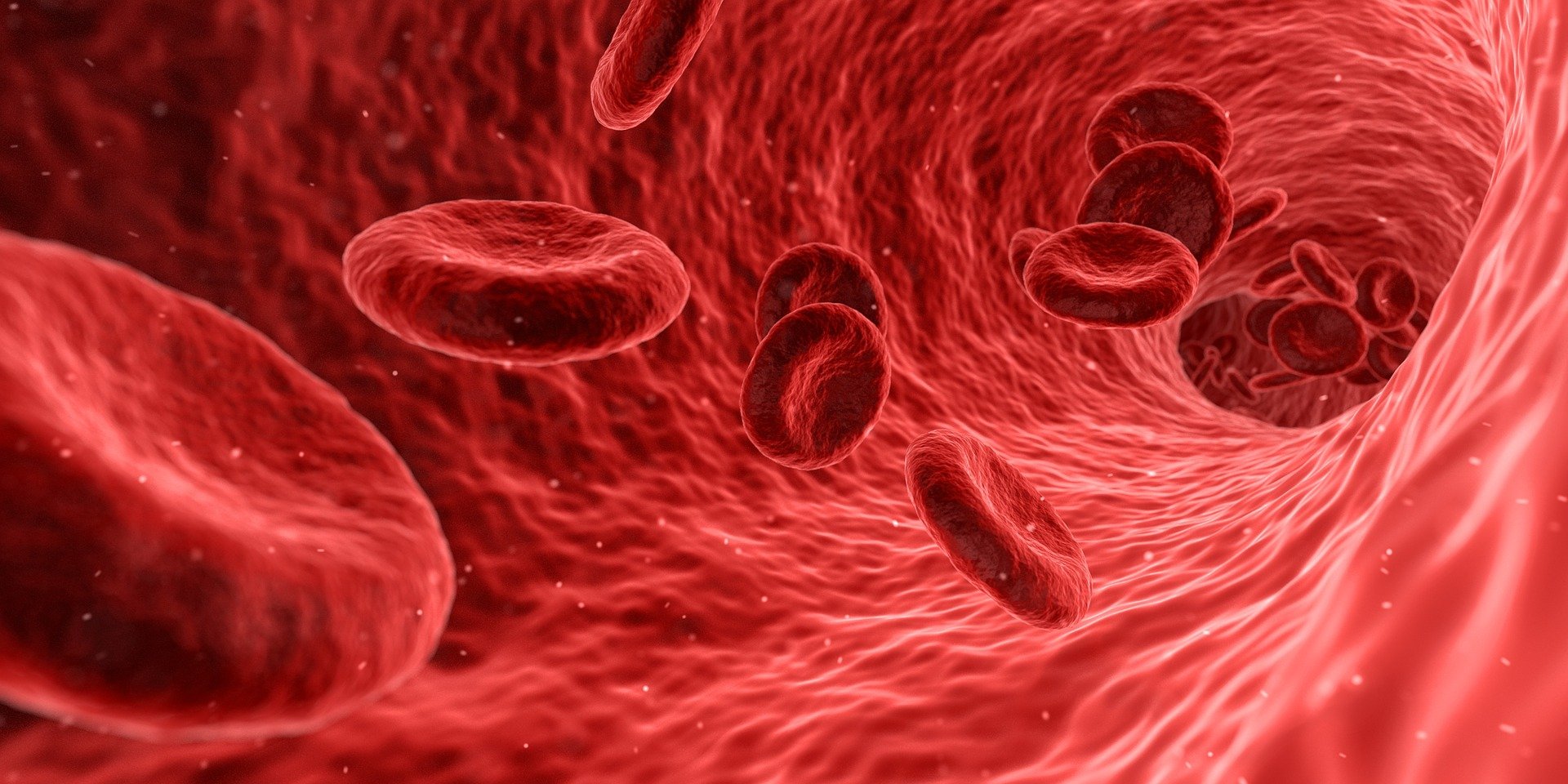One area of research that scientists have focused on treating and potentially curing type 1 diabetes is islet cell transplant. Introducing new insulin-producing islet cells into the body aims to stimulate these cells’ continued production and survival to achieve normoglycemia.
However, a major challenge is ensuring proper revascularization of islet cells. Without this vascularization and the exchange of blood and oxygen, the cells die. Up to this point, scientists have struggled to create these vascular networks quickly enough to make islet cell transplant a viable and lasting option.
A recent study seeks to overcome this obstacle by prevascularizing islet organoids before transplanting them. Rather than combining pancreatic islet cells (PI) with epithelial and endothelial cells alone, scientists paired them with microvascular fragments or MVF. The PI cells are combined with MVF, then covered in a liquid overlay, and cultivated for five days.
As a result, the islet organoids form a dense microvascular network that, when transplanted into diabetic mice, can quickly attach to existing vascular structures. Therefore, the islet organoid improves not only its vascularization but its viability and functionality as well. In mouse models, normoglycemia was restored within just seven days following transplant. Transplanting freshly isolated islets alone without MVF did not produce these same results.
This improved vascularization may help reduce reactive oxygen species (ROS) and hypoxic stress. High levels of hypoxic stress can reduce cell viability and function. Due to the rapid vascular connections made by prevascularizing the islet organoids, there is less cellular stress and risk of cell death.
This study marks a notable advancement in islet cell transplant potential. More research needs to be done when it comes to the viability of quickly producing uniform prevascularized islet organoids and assessing their performance in human tissue. But it is a step in the right direction toward achieving long-term normoglycemia in patients with type 1 diabetes without relying on insulin injections.
The Diabetes Research Connection (DRC) is interested in seeing how this study progresses and what it could mean for the future of islet cell transplant procedures and treating type 1 diabetes. Though not involved with this study, the DRC supports early-career scientists in pursuing novel research around type 1 diabetes by providing critical funding. To learn more about current projects and how to support these efforts, visit http://localhost/drc.
Please DONATE NOW so DRC can keep bringing you credible, peer-reviewed T1D news and research.
Thank you




